Find Help
More Items From Ergsy search
-
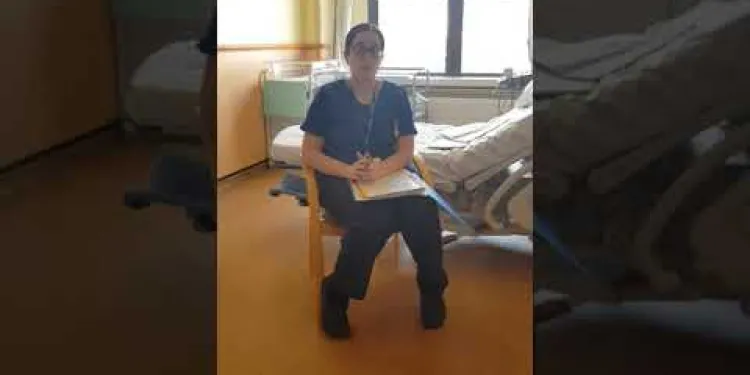
Postnatal Depression
Relevance: 100%
-

What is postnatal depression?
Relevance: 96%
-
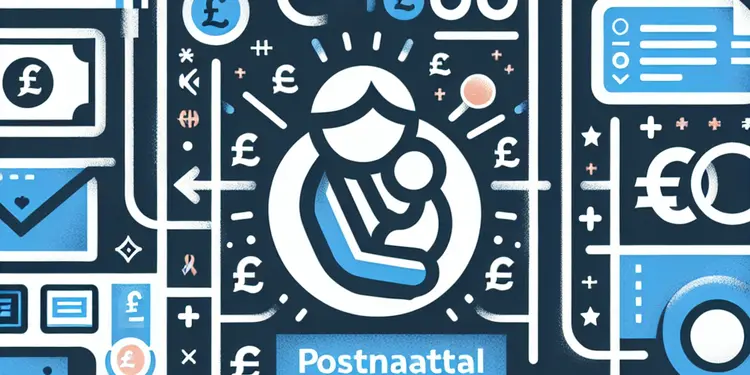
Is postnatal depression preventable?
Relevance: 93%
-

How is postnatal depression diagnosed?
Relevance: 92%
-

What causes postnatal depression?
Relevance: 92%
-

Are there treatments available for postnatal depression?
Relevance: 92%
-

Is postnatal depression a long-term condition?
Relevance: 92%
-
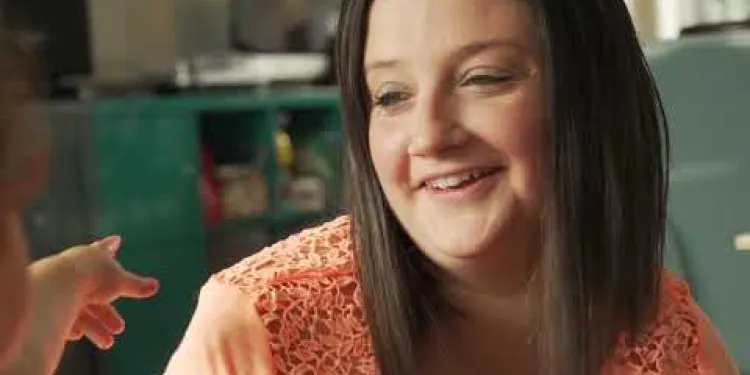
Postnatal Depression - Leanne's Story
Relevance: 91%
-

What are the symptoms of postnatal depression?
Relevance: 91%
-
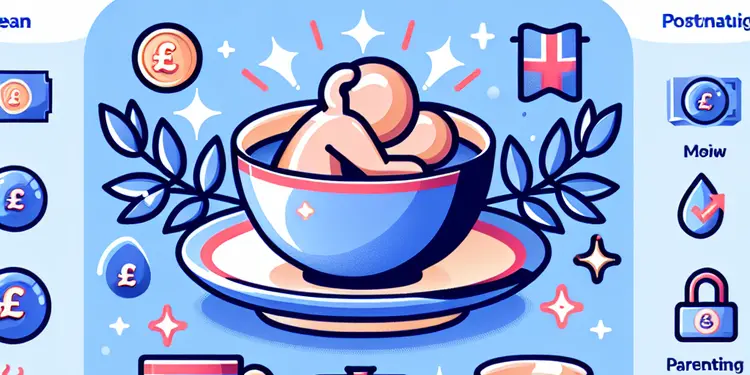
Are there support groups for postnatal depression?
Relevance: 89%
-

Can fathers experience postnatal depression?
Relevance: 88%
-
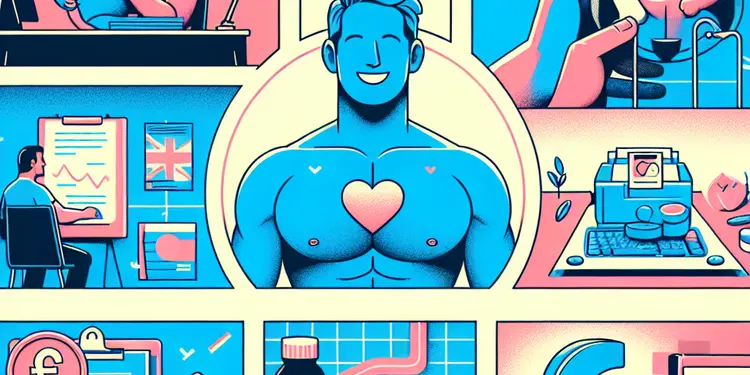
Is medication necessary for treating postnatal depression?
Relevance: 87%
-

Can diet impact postnatal depression?
Relevance: 86%
-
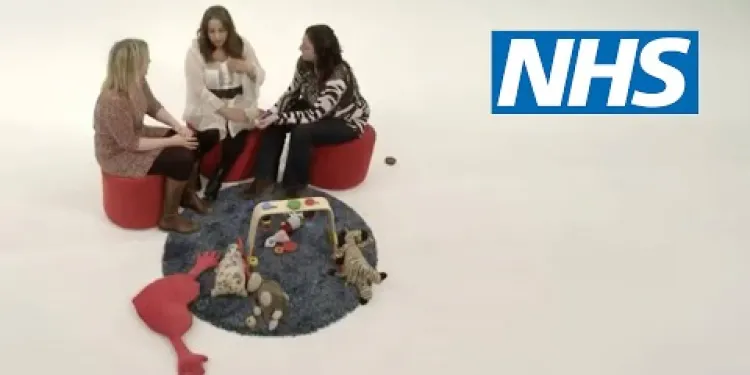
How do I know if I have postnatal depression? | NHS
Relevance: 85%
-
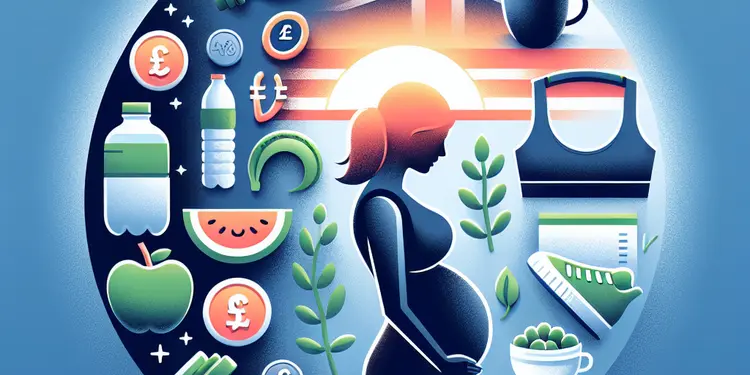
Can lifestyle changes help with postnatal depression?
Relevance: 85%
-
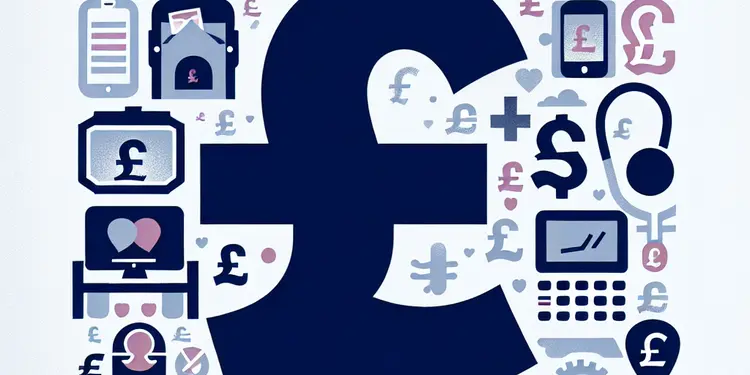
What should I do if I suspect I have postnatal depression?
Relevance: 85%
-

Can postnatal depression recur after treatment?
Relevance: 84%
-

Can postnatal depression affect subsequent pregnancies?
Relevance: 84%
-

Should someone with postnatal depression seek professional help?
Relevance: 82%
-
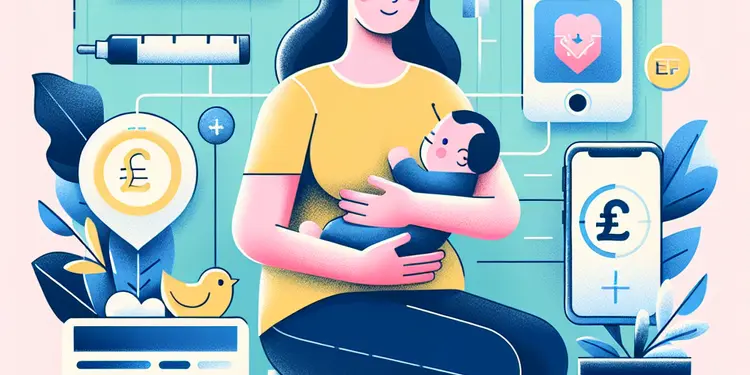
How is postnatal depression different from the 'baby blues'?
Relevance: 82%
-
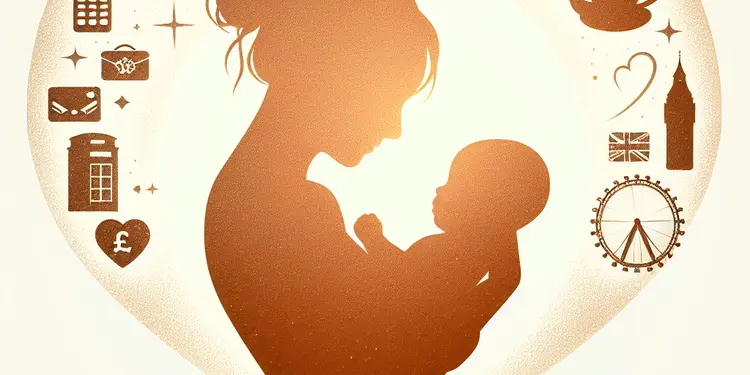
How does postnatal depression affect bonding with the baby?
Relevance: 81%
-
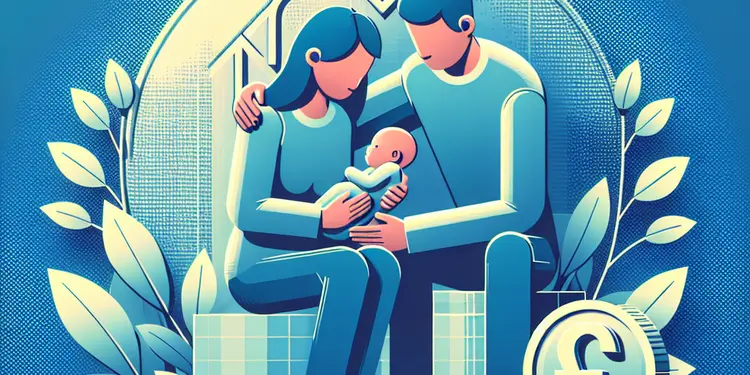
How can family members support someone with postnatal depression?
Relevance: 75%
-

How soon after childbirth can postnatal depression occur?
Relevance: 57%
-

Treating anxiety and depression - www.slam.nhs.uk
Relevance: 39%
-
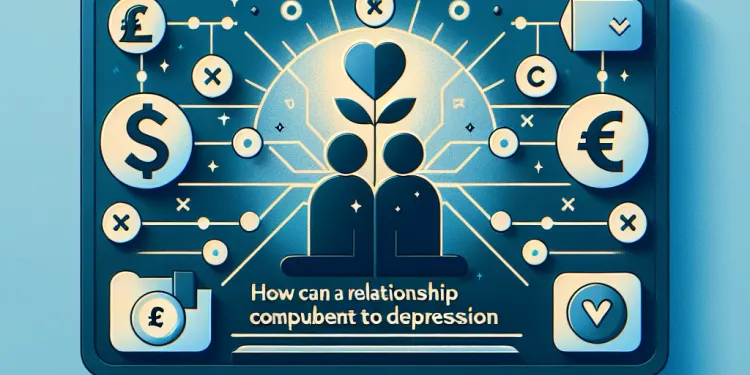
How can a relationship contribute to depression?
Relevance: 38%
-
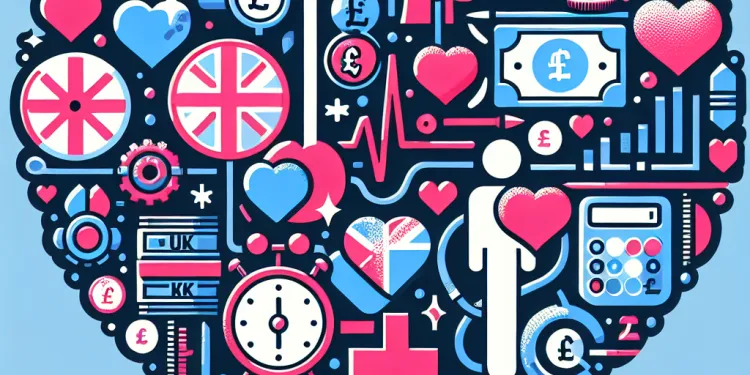
What are the signs that my relationship is making me depressed?
Relevance: 37%
-
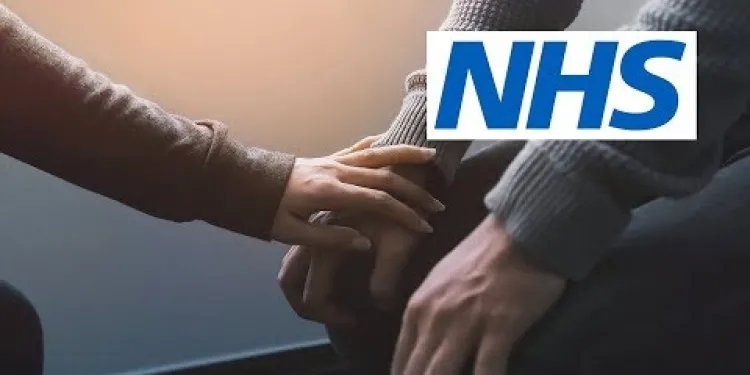
Clinical depression: Lawrence's story | NHS
Relevance: 37%
-
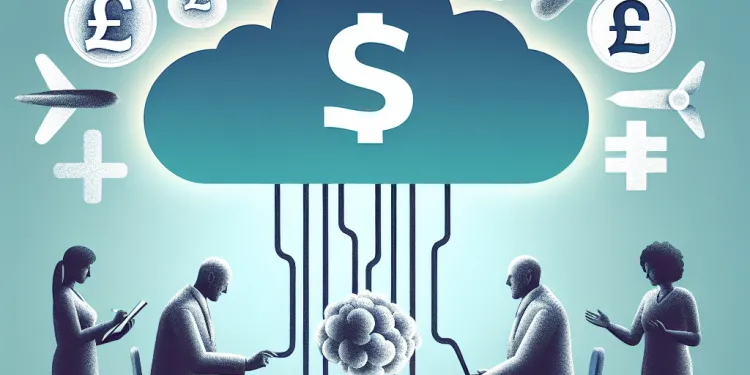
Can physical symptoms be linked to relationship-induced depression?
Relevance: 36%
-
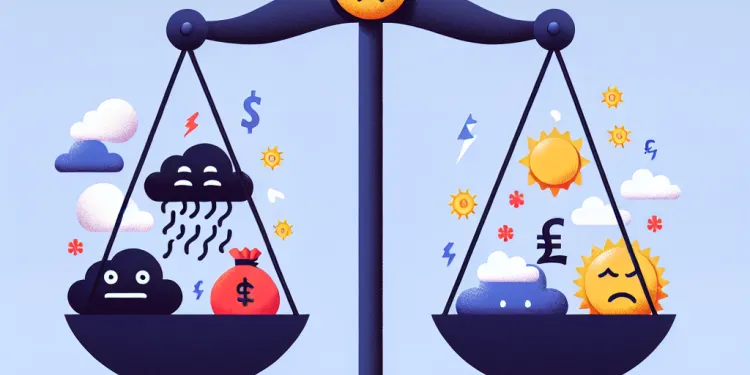
What role do unhealthy dynamics play in causing depression?
Relevance: 35%
-
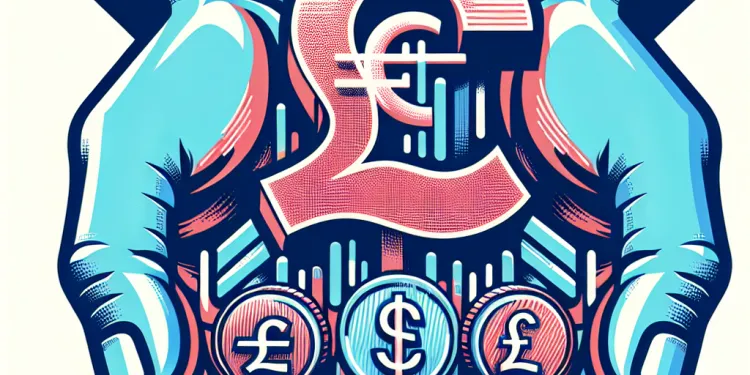
Are there any self-care strategies to cope with relationship-induced depression?
Relevance: 35%
-
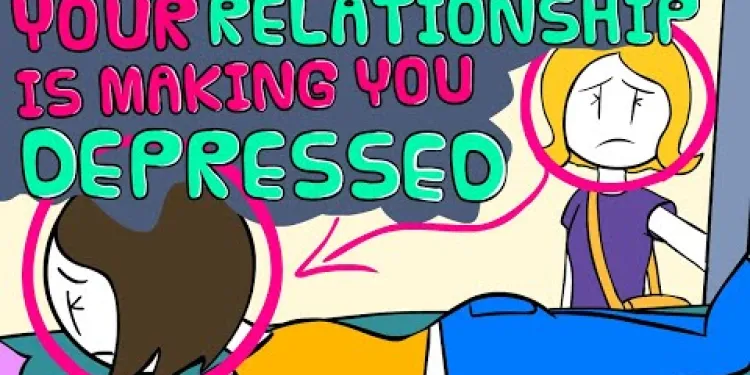
7 Signs Your Relationship is Making You Depressed
Relevance: 35%
-
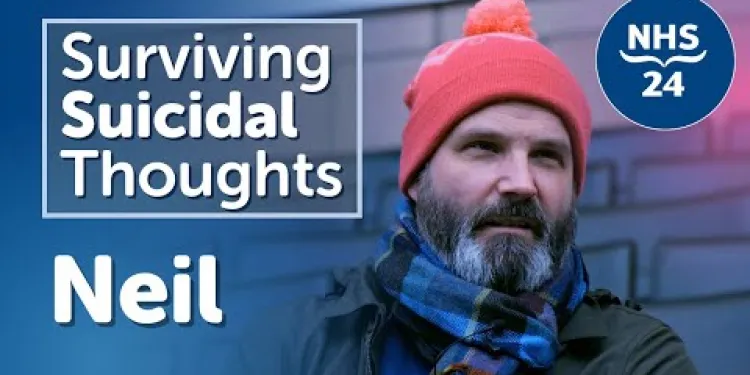
I couldn't celebrate Hibs beating Hearts because I was that depressed
Relevance: 34%
-
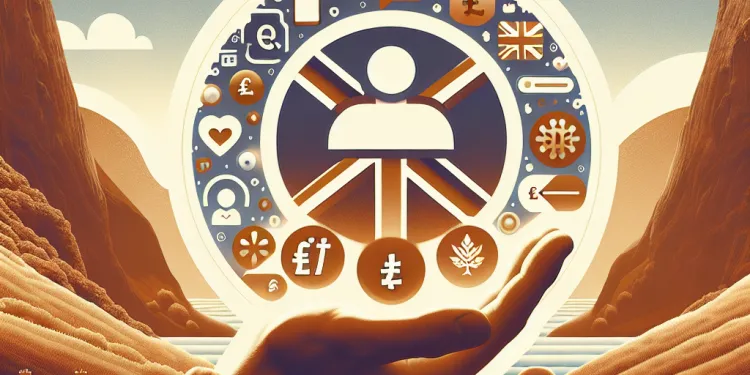
What should I do if my partner dismisses my feelings of depression?
Relevance: 32%
-
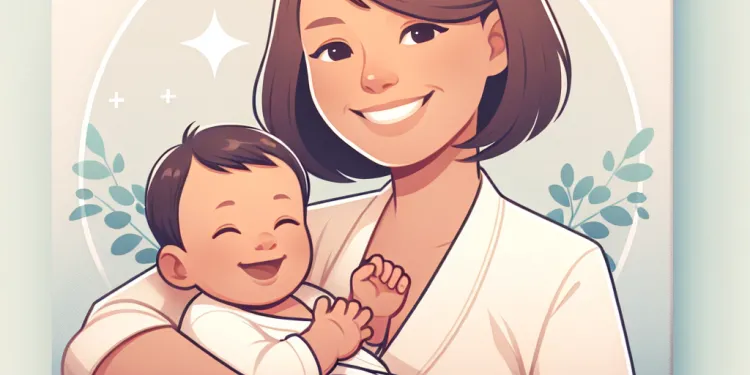
Postpartum Health: Mother and Baby
Relevance: 28%
-

How quickly can ketamine alleviate depression symptoms?
Relevance: 25%
-
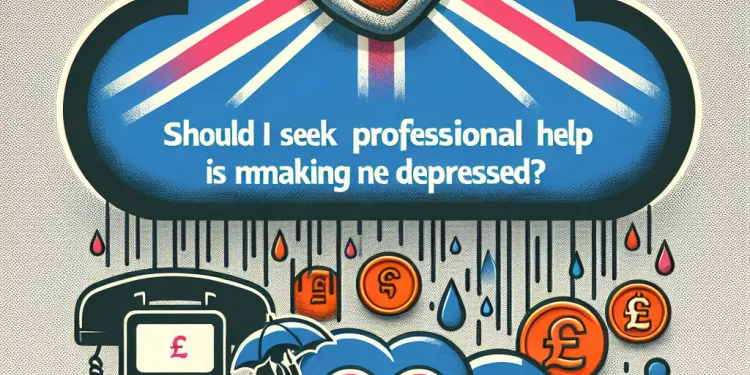
Should I seek professional help if my relationship is making me depressed?
Relevance: 25%
-

Can ketamine be used to treat major depressive disorder?
Relevance: 17%
-
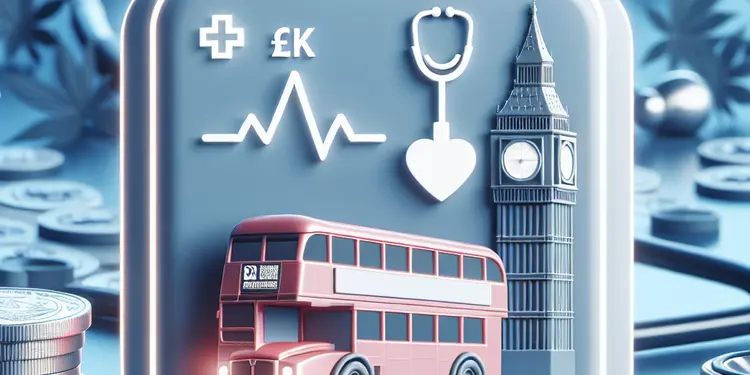
Are there any legal uses for ketamine?
Relevance: 17%
-
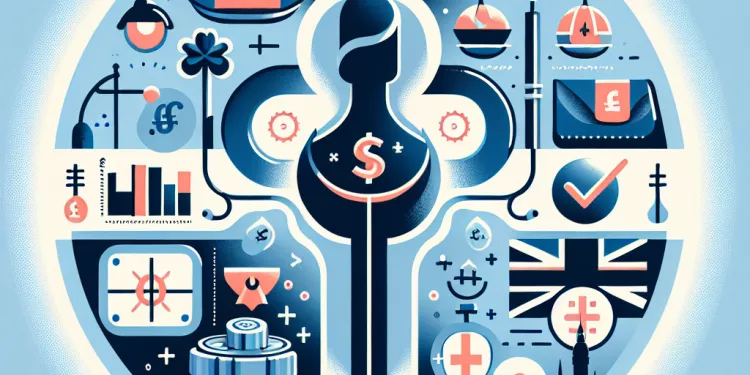
How long does it take to recover from a Caesarean birth?
Relevance: 16%
-

How is ketamine different from traditional antidepressants?
Relevance: 16%
How do I know if I have postnatal depression? | NHS
Understanding Postnatal Depression
Postnatal depression (PND) is a type of depression that many parents experience after having a baby. It is a common problem, affecting more than 1 in every 10 women within a year of giving birth. However, it can also affect fathers and partners. Recognising the symptoms early can help in getting the appropriate support and treatment.Common Symptoms of Postnatal Depression
The symptoms of postnatal depression can vary and may develop gradually. Some common signs include:- Persistent sadness or low mood
- Loss of interest in the world around you
- Lack of energy and feeling tired all the time
- Trouble sleeping at night and feeling sleepy during the day
- Difficulty bonding with your baby
- Withdrawing from contact with other people
- Problems concentrating and making decisions
- Persistent feelings of guilt, worthlessness, or blame
- Thoughts of self-harm or suicide
When to Seek Help
If you think you might be struggling with postnatal depression, it’s important to speak to a healthcare professional as soon as possible. This could be your GP, health visitor, or midwife. They can provide advice, support, and potentially refer you to more specialised services if needed. Do not wait for the symptoms to go away on their own, as early treatment can make a significant difference.Available Treatments
Treatment for postnatal depression can include a combination of self-help strategies, talking therapies, and medication. Self-help strategies might include exercise, setting small goals, and talking about your feelings. Psychological therapies such as cognitive behavioural therapy (CBT) can be effective. In some cases, antidepressants may be recommended. Your healthcare provider will work with you to determine the best approach.Support Networks
Support is crucial for anyone experiencing postnatal depression. Consider joining local support groups or online communities. The NHS website provides information and resources, and organisations such as Mind and the National Childbirth Trust (NCT) offer support and advice. Family and friends can also play a vital role in offering emotional support.Conclusion
Postnatal depression is a serious but treatable condition. If you recognise the symptoms in yourself or someone else, seeking early help is essential. With the right support and treatment, it is possible to overcome postnatal depression and enjoy life with your new baby.For more detailed information, visit the NHS postnatal depression page.
How do I know if I have postnatal depression? | NHS
What is Postnatal Depression?
Postnatal depression (PND) is a type of sadness that parents can feel after having a baby. It happens a lot, affecting more than 1 out of 10 mothers in the first year. Dads and partners can feel it too. Knowing the signs early helps to get the right support and treatment.What are the Signs of Postnatal Depression?
The signs of postnatal depression can be different for everyone and can show up slowly. Some common signs include:- Feeling sad all the time
- Not enjoying things around you
- Feeling very tired
- Having trouble sleeping at night
- Finding it hard to connect with your baby
- Staying away from other people
- Finding it hard to focus or decide things
- Feeling very guilty or worthless
- Thinking about hurting yourself
When to Ask for Help
If you think you have postnatal depression, talk to a doctor, nurse, or midwife quickly. They can give you advice and help you get more support if you need it. Don’t wait for the feelings to go away by themselves. Getting help early can make a big difference.How Can Postnatal Depression be Treated?
There are different ways to treat postnatal depression. These can include self-help, talking to someone, and medicine. Self-help can be things like exercise or setting small goals. Talking therapies like cognitive behavioural therapy (CBT) can also help. Sometimes doctors suggest antidepressant medicine. You can work with your doctor to find the best way for you.Finding Support
Support is very important when dealing with postnatal depression. You can join local support groups or online communities. The NHS website has information and resources that can help. Groups like Mind and the National Childbirth Trust (NCT) offer support too. Family and friends can also help by being there for you.Remember
Postnatal depression is serious but can be treated. If you or someone you know has these feelings, getting help early is important. With the right support, you can feel better and enjoy life with your new baby.For more information, you can visit the NHS postnatal depression page.
Frequently Asked Questions
What is postnatal depression?
Postnatal depression is a type of depression that many parents experience after having a baby. It's a common problem and can affect both mothers and fathers.
What are the symptoms of postnatal depression?
Symptoms can include feeling sad or low, lack of energy, trouble sleeping, difficulty bonding with your baby, withdrawing from others, and loss of interest in things you used to enjoy.
How soon after childbirth can postnatal depression start?
Postnatal depression can start at any time in the first year after the birth of your baby. However, it is most commonly identified in the first 6 weeks to 6 months.
What should I do if I think I have postnatal depression?
If you think you might have postnatal depression, it's important to talk to your GP, midwife, or health visitor. They can provide support, treatment, and refer you to specialists if needed.
Can partners also experience postnatal depression?
Yes, partners can also experience postnatal depression. It's important for partners to seek help if they notice symptoms in themselves.
What causes postnatal depression?
The exact cause isn't clear, but it's likely to be a combination of physical and emotional factors. Hormonal changes, lack of sleep, and the challenges of adjusting to parenthood can all contribute.
How is postnatal depression diagnosed?
A healthcare professional, such as a GP, midwife, or health visitor, can diagnose postnatal depression by discussing your symptoms and experiences. They may use a questionnaire to help assess your condition.
Is postnatal depression treatable?
Yes, postnatal depression is treatable. Treatment can include self-help strategies, talking therapies, and medication. It's important to seek help as soon as possible.
What self-help strategies can I use to manage postnatal depression?
Self-help strategies include talking to trusted friends or family, getting as much rest as possible, exercising, eating a healthy diet, and setting aside time for yourself.
Are there any support groups for postnatal depression in the UK?
Yes, there are many support groups and organizations in the UK, such as the National Childbirth Trust (NCT) and the Association for Postnatal Illness (APNI). Your GP or health visitor can also recommend local support groups.
Can medication help with postnatal depression?
Yes, antidepressants can be effective in treating postnatal depression. Your GP can discuss the benefits and risks of medication and help you decide if it's the right option for you.
How long does postnatal depression last?
The duration of postnatal depression varies. With treatment and support, many people start to feel better within a few months, but it can last longer for some.
Can postnatal depression affect my baby?
Postnatal depression can affect your ability to bond with and care for your baby, but with the right support and treatment, both you and your baby can thrive.
Can I prevent postnatal depression?
While it's not always possible to prevent postnatal depression, reducing stress, maintaining a support network, and seeking help early can reduce the risk or impact.
What role do family and friends play in managing postnatal depression?
Support from family and friends is crucial. They can offer practical help, emotional support, and encouragement to seek professional help if needed.
What is postnatal depression?
After a baby is born, some parents feel very sad. This is called postnatal depression.
If you feel sad after having a baby, tell someone. A doctor or nurse can help.
Talking with friends or family can also make you feel better.
Remember, you are not alone, and getting help is important.
After a baby is born, some parents feel very sad. This is called postnatal depression. It can happen to both mums and dads. It is normal and many people feel this way.
What are the signs of feeling very sad after having a baby?
Signs you might notice are feeling sad, having little energy, trouble sleeping, finding it hard to connect with your baby, staying away from people, and not liking things you used to enjoy.
When can a new mom start to feel sad after having a baby?
After having a baby, some people feel sad and worried. This is called postnatal depression. It can start any time in the first year after the baby is born. But it usually happens in the first 6 weeks to 6 months.
What to do if you feel sad after having a baby
Do you feel sad after having a baby? It's important to talk to your doctor, midwife, or health visitor. They can help you feel better and find more help if you need it.
Can partners feel sad after a baby is born?
Yes, when a new baby is born, partners can feel very sad too. This sadness is called postnatal depression. It can happen to both mums and dads.
If you feel sad, talk to someone you trust. You can also see a doctor or a counselor. They can help you feel better.
Writing down your feelings can also help. Try to rest and look after yourself. Remember, you are not alone, and there are people who can help you.
Yes, partners can feel sad after a baby is born. This is called postnatal depression. If you feel this way, it is important to ask for help.
What makes people feel sad after having a baby?
We don't know for sure what causes it, but it's probably because of different things happening in the body and mind. Changes in hormones, not getting enough sleep, and getting used to being a new parent can all be reasons.
To help with this, you can try some things. You can talk to a friend or family member about how you feel. You can also write down your feelings in a notebook. Make sure to ask for help if you need it. Remember to rest whenever you can.
How do doctors know if someone has postnatal depression?
Doctors talk to new parents about how they feel after having a baby. They ask questions to understand their feelings. Sometimes, they use simple tests or forms to help find out. It's important to talk to a doctor if a new parent feels sad, worried, or tired for a long time. Friends and family can help by supporting them to see a doctor or nurse.
A doctor, nurse, or health visitor can find out if you have postnatal depression. They will talk to you about how you feel and what you have been going through. Sometimes, they use a simple form with questions to understand better how you are feeling.
Can you treat postnatal depression?
Yes, you can treat postnatal depression. It is important to get help from a doctor or therapist. They can provide support and medicine if needed.
Here are some tips that might help:
- Talk to friends and family about how you feel.
- Try to rest when you can.
- Spend time outside and go for walks.
- Join a support group for new parents.
- Use apps that help with relaxation, like meditation apps.
Yes, you can get help for feeling sad after having a baby. Things that can help include doing things on your own, talking to someone, or taking medicine. It’s important to ask for help as soon as you can.
How can I help myself feel better after having a baby?
Here are some things you can try:
- Talk to someone you trust. It could be a friend or family member.
- Take time to rest. Make sure you get enough sleep.
- Eat healthy food and drink enough water.
- Try to go for a short walk outside each day.
- Do something you enjoy, like listening to music or reading a book.
- Ask for help if you need it. You are not alone.
You can also try deep breathing to help you relax:
- Breathe in slowly through your nose for a count of four.
- Hold your breath for a moment.
- Breathe out slowly through your mouth for a count of four.
- Do this a few times to feel calm.
Remember, you can talk to a doctor or a nurse if you need more help. They can support you and give advice.
Here are some ways to help yourself feel better:
- Talk to friends or family you trust. They can help you.
- Try to get lots of sleep. Rest is important.
- Move your body with exercise. It helps you feel good.
- Eat healthy foods. Good food helps your body and mind.
- Make time just for you. Do something you like.
You can also try these:
- Use a calendar or planner to organize your day.
- Draw or write in a journal to express your feelings.
- Use reminders on your phone to take breaks.
Can I find help groups for feeling sad after having a baby in the UK?
If you feel sad after having a baby, there are groups that can help. These groups are for new mums who find it hard to feel happy after the baby is born. In the UK, many places have these support groups.
If you need help:
- Ask your doctor or midwife. They can tell you where to find a group.
- Look on the internet for support groups nearby.
- Check if any online groups can help you talk to others who feel the same.
Talking to people who understand can make you feel better and not so alone.
Yes, there are many groups in the UK that can help. Some of them are the National Childbirth Trust (NCT) and the Association for Postnatal Illness (APNI). Your doctor (GP) or health visitor can also tell you about local groups that can help you.
Can medicine help with postnatal depression?
Yes, medicine can help with postnatal depression. This is a feeling of sadness that some parents have after a baby is born.
If you're feeling sad after having a baby, a doctor can give you medicine to feel better. It's important to talk to a doctor about how you feel.
Here are some things that can help you:
- Talk to someone you trust about your feelings.
- Do things that make you happy or relax you.
- Ask for help from family and friends if you need it.
- Use a calendar or planner to remember things.
Yes, medicine can help if you feel sad after having a baby. Your doctor can talk to you about how the medicine can help and what it might do, so you can decide if it is good for you.
How long can sadness after having a baby last?
Postnatal depression means feeling very sad after having a baby. It can last for different amounts of time. Some people start to feel better in a few months if they get help and support. But for others, it might last longer.
Can feeling sad after having a baby affect my baby?
Feeling very sad after you have a baby is called postnatal depression. It can affect how you care for your baby. But there are ways to get help and feel better.
What can you do?
- Talk to a doctor or nurse. They can give you advice.
- Share your feelings with friends or family you trust.
- Try to rest when you can. It's okay to ask for help.
- Use relaxing music or stories to calm down.
Remember, it is important to talk to someone if you feel very sad. Getting help can make things better for you and your baby.
After having a baby, some people feel very sad. This is called postnatal depression. It can make it hard to connect with your baby and look after them. But don’t worry! With the right help and treatment, both you and your baby can do really well.
How can I stop feeling sad after having a baby?
You can't always stop feeling sad after having a baby. But you can do things to feel better. Try to worry less, talk to friends and family, and get help quickly if you feel sad.
How can family and friends help someone with postnatal depression?
Family and friends can help a lot when someone has postnatal depression. Here are some ways they can help:
- Talk and Listen: Spend time with the person and listen to how they feel.
- Help with Baby: Offer to care for the baby so the person can rest.
- Be Supportive: Say kind words and be patient.
- Encourage Help: Suggest they talk to a doctor or therapist.
Family and friends can make a big difference just by being there and showing love. Using a calendar can help plan visits and support. Writing feelings in a journal can also help.
Help from family and friends is very important. They can give you help with things you need, make you feel better, and cheer you on to get help from a doctor if you need it.
Useful Links
This website offers general information and is not a substitute for professional advice.
Always seek guidance from qualified professionals.
If you have any medical concerns or need urgent help, contact a healthcare professional or emergency services immediately.
- Ergsy carfully checks the information in the videos we provide here.
- Videos shown by Youtube after a video has completed, have NOT been reviewed by ERGSY.
- To view, click the arrow in centre of video.
- Most of the videos you find here will have subtitles and/or closed captions available.
- You may need to turn these on, and choose your preferred language.
- Go to the video you'd like to watch.
- If closed captions (CC) are available, settings will be visible on the bottom right of the video player.
- To turn on Captions, click settings .
- To turn off Captions, click settings again.
More Items From Ergsy search
-

Postnatal Depression
Relevance: 100%
-

What is postnatal depression?
Relevance: 96%
-

Is postnatal depression preventable?
Relevance: 93%
-

How is postnatal depression diagnosed?
Relevance: 92%
-

What causes postnatal depression?
Relevance: 92%
-

Are there treatments available for postnatal depression?
Relevance: 92%
-

Is postnatal depression a long-term condition?
Relevance: 92%
-

Postnatal Depression - Leanne's Story
Relevance: 91%
-

What are the symptoms of postnatal depression?
Relevance: 91%
-

Are there support groups for postnatal depression?
Relevance: 89%
-

Can fathers experience postnatal depression?
Relevance: 88%
-

Is medication necessary for treating postnatal depression?
Relevance: 87%
-

Can diet impact postnatal depression?
Relevance: 86%
-

How do I know if I have postnatal depression? | NHS
Relevance: 85%
-

Can lifestyle changes help with postnatal depression?
Relevance: 85%
-

What should I do if I suspect I have postnatal depression?
Relevance: 85%
-

Can postnatal depression recur after treatment?
Relevance: 84%
-

Can postnatal depression affect subsequent pregnancies?
Relevance: 84%
-

Should someone with postnatal depression seek professional help?
Relevance: 82%
-

How is postnatal depression different from the 'baby blues'?
Relevance: 82%
-

How does postnatal depression affect bonding with the baby?
Relevance: 81%
-

How can family members support someone with postnatal depression?
Relevance: 75%
-

How soon after childbirth can postnatal depression occur?
Relevance: 57%
-

Treating anxiety and depression - www.slam.nhs.uk
Relevance: 39%
-

How can a relationship contribute to depression?
Relevance: 38%
-

What are the signs that my relationship is making me depressed?
Relevance: 37%
-

Clinical depression: Lawrence's story | NHS
Relevance: 37%
-

Can physical symptoms be linked to relationship-induced depression?
Relevance: 36%
-

What role do unhealthy dynamics play in causing depression?
Relevance: 35%
-

Are there any self-care strategies to cope with relationship-induced depression?
Relevance: 35%
-

7 Signs Your Relationship is Making You Depressed
Relevance: 35%
-

I couldn't celebrate Hibs beating Hearts because I was that depressed
Relevance: 34%
-

What should I do if my partner dismisses my feelings of depression?
Relevance: 32%
-

Postpartum Health: Mother and Baby
Relevance: 28%
-

How quickly can ketamine alleviate depression symptoms?
Relevance: 25%
-

Should I seek professional help if my relationship is making me depressed?
Relevance: 25%
-

Can ketamine be used to treat major depressive disorder?
Relevance: 17%
-

Are there any legal uses for ketamine?
Relevance: 17%
-

How long does it take to recover from a Caesarean birth?
Relevance: 16%
-

How is ketamine different from traditional antidepressants?
Relevance: 16%


